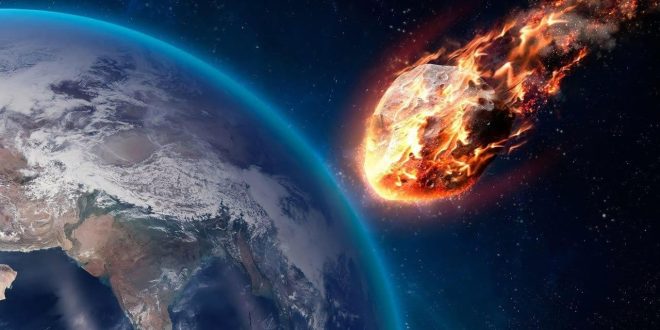Asteroid: No matter how much progress human science has made, many asteroids ( asteroid) are hitting the earth dodging the alert system. The special thing is that such incidents have increased in the last one year. The latest case is October 22, when an asteroid came under the grip of the alert system and hit the earth just three hours later. However, this asteroid hit the earth over the Pacific Ocean near California and did not cause any harm to anyone.
This asteroid was named 2024 UQ. It was discovered only two hours before entering the Earth’s atmosphere. Its diameter was only 3 feet (1 meter). So it was not a big threat. The Asteroid Terrestrial-impact Last Alert System (ATLAS) discovered it on October 22. ATLAS is a four-telescope survey based in the city of Huawei to monitor near-Earth objects. Within hours of detection, 2024 UQ burned up in the atmosphere over the Pacific Ocean near California.
Statement of the European Space Agency
The European Space Agency said, “The ATLAS survey received images that showed an object that had a high probability of hitting the Earth. The object was located on the edge of two close fields. Due to this, it was identified quite late. A few hours after being detected, it entered the atmosphere and started burning. By the time astrometry impact monitoring systems expressed its probability of hitting the Earth, it had already hit the Earth.”
Third such incident in a year
According to ESA, this was the third time this year when the astronomical agency could not detect an object hitting the Earth in time. So far this has happened only 10 times, but this is the third such incident in a span of a year.
Additional Investment in Tracking Systems Needed
This close call serves to highlight both the strengths and weaknesses of modern tracking systems and makes an argument for continued investment in early detection technology. While seemingly harmless in this context, this situation brings into focus Earth’s continued improvement efforts with regard to space surveillance. The prospect of potentially dangerous space rocks hitting Earth without being detected is frightening and requires greater investment to mitigate it.
 Indian Thought Latest News & Views
Indian Thought Latest News & Views



